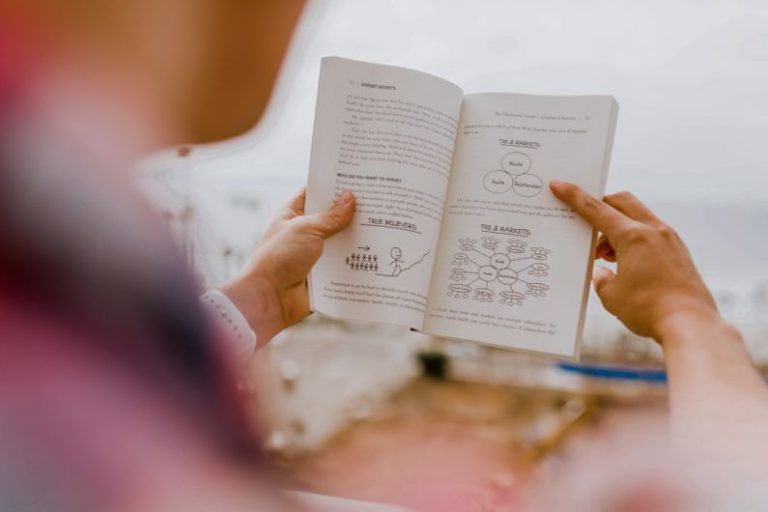Mastering Self-discipline
Self-discipline is a trait that can significantly impact one’s success and overall well-being. Mastering self-discipline requires dedication, commitment, and a strong mindset. It is the ability to control one’s impulses, emotions, and behaviors in pursuit of long-term goals. While it may sound challenging, developing self-discipline is a skill that can be cultivated with practice and determination.
Understanding Self-discipline
Self-discipline is about making conscious choices that align with your goals and values. It involves setting clear objectives, creating a plan of action, and sticking to it despite distractions or setbacks. Self-disciplined individuals have the ability to delay gratification and stay focused on what needs to be done, even when faced with temptations or obstacles.
Setting Clear Goals
One of the key elements of mastering self-discipline is setting clear and achievable goals. When you have a clear vision of what you want to accomplish, it becomes easier to stay disciplined and motivated. Break down your goals into smaller, manageable tasks and create a timeline for completing them. This will help you stay organized and track your progress along the way.
Creating a Routine
Establishing a daily routine can help you build self-discipline by providing structure and consistency to your day. Set specific times for work, exercise, meals, and relaxation, and stick to your schedule as much as possible. By developing healthy habits and sticking to a routine, you can train your mind to be more disciplined and focused.
Avoiding Distractions
In today’s fast-paced world, distractions are everywhere, making it challenging to stay focused and disciplined. To master self-discipline, it is essential to identify your biggest distractions and find ways to minimize or eliminate them. This may involve setting boundaries with technology, creating a designated workspace, or practicing mindfulness to stay present and focused on the task at hand.
Practicing Mindfulness
Mindfulness is a powerful tool for developing self-discipline as it allows you to become more aware of your thoughts, emotions, and behaviors. By practicing mindfulness techniques such as meditation, deep breathing, or visualization, you can train your mind to stay calm, focused, and disciplined, even in challenging situations. Mindfulness can help you become more in tune with your inner motivations and make conscious choices that align with your goals.
Building Resilience
Resilience is the ability to bounce back from setbacks and failures, which is an essential component of self-discipline. Mastering self-discipline requires perseverance and the willingness to keep going, even when things get tough. By viewing challenges as opportunities for growth and learning, you can develop a resilient mindset that will help you stay disciplined and motivated in the face of adversity.
Celebrating Small Wins
To maintain motivation and momentum on your self-discipline journey, it is important to celebrate your small wins along the way. Acknowledge your progress, no matter how minor, and reward yourself for staying disciplined and focused on your goals. By celebrating your achievements, you can boost your confidence and motivation to keep pushing forward towards your larger objectives.
Embracing Continuous Improvement
Self-discipline is not a one-time achievement but an ongoing process of growth and development. It is important to embrace continuous improvement and self-reflection to identify areas where you can further enhance your discipline. By seeking feedback, learning from your mistakes, and adapting your strategies as needed, you can continue to refine your self-discipline skills and reach new levels of success.
Mastering Self-discipline: A Lifelong Journey
Mastering self-discipline is a lifelong journey that requires dedication, perseverance, and a growth mindset. By setting clear goals, creating a routine, avoiding distractions, practicing mindfulness, building resilience, celebrating small wins, and embracing continuous improvement, you can cultivate the self-discipline needed to achieve your goals and live a fulfilling life. Remember that self-discipline is a skill that can be developed with practice and patience, so stay committed to your journey and keep striving for personal growth and excellence.






